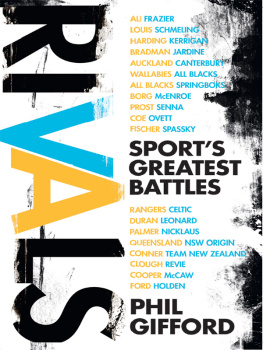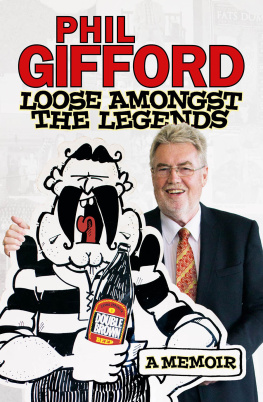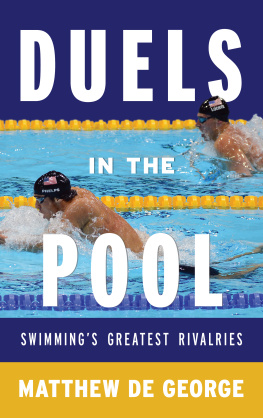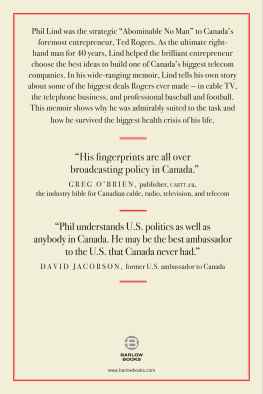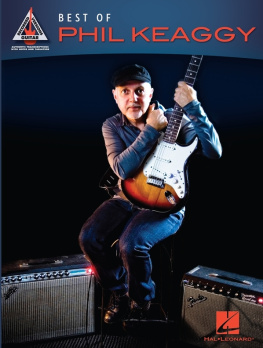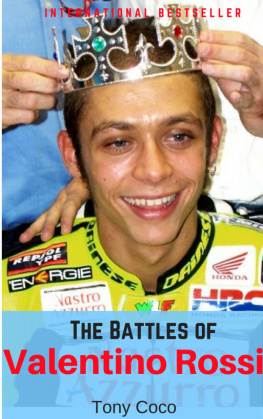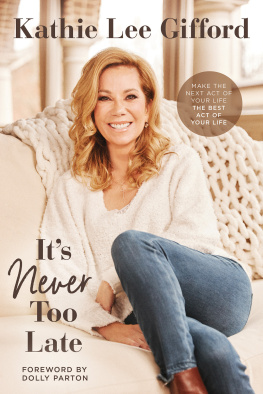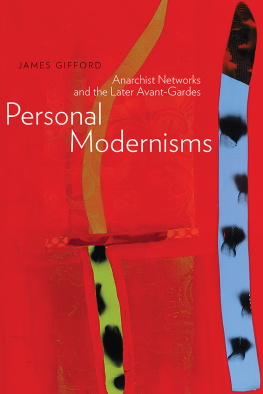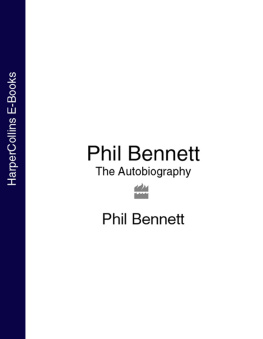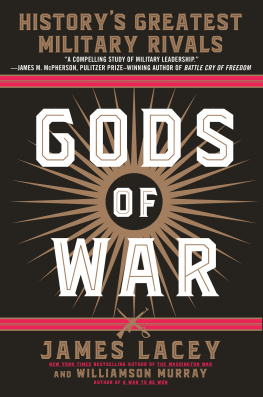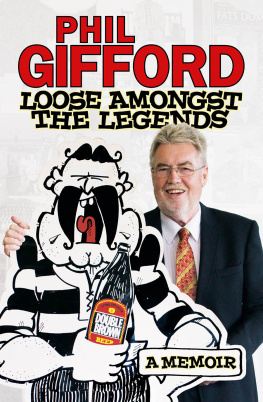Phil Gifford - Rivals: Sports Greatest Battles
Here you can read online Phil Gifford - Rivals: Sports Greatest Battles full text of the book (entire story) in english for free. Download pdf and epub, get meaning, cover and reviews about this ebook. year: 2012, publisher: HarperCollins, genre: Detective and thriller. Description of the work, (preface) as well as reviews are available. Best literature library LitArk.com created for fans of good reading and offers a wide selection of genres:
Romance novel
Science fiction
Adventure
Detective
Science
History
Home and family
Prose
Art
Politics
Computer
Non-fiction
Religion
Business
Children
Humor
Choose a favorite category and find really read worthwhile books. Enjoy immersion in the world of imagination, feel the emotions of the characters or learn something new for yourself, make an fascinating discovery.
- Book:Rivals: Sports Greatest Battles
- Author:
- Publisher:HarperCollins
- Genre:
- Year:2012
- Rating:4 / 5
- Favourites:Add to favourites
- Your mark:
- 80
- 1
- 2
- 3
- 4
- 5
Rivals: Sports Greatest Battles: summary, description and annotation
We offer to read an annotation, description, summary or preface (depends on what the author of the book "Rivals: Sports Greatest Battles" wrote himself). If you haven't found the necessary information about the book — write in the comments, we will try to find it.
Rivals: Sports Greatest Battles — read online for free the complete book (whole text) full work
Below is the text of the book, divided by pages. System saving the place of the last page read, allows you to conveniently read the book "Rivals: Sports Greatest Battles" online for free, without having to search again every time where you left off. Put a bookmark, and you can go to the page where you finished reading at any time.
Font size:
Interval:
Bookmark:

This book is dedicated to two wonderful teachers at Waihi College in the early 1960s, the late Margaret Cleary, and Charlie Dowdle, who showed me the power of telling a good story.
Defeat is worse than death, the great American football coach Vince Lombardi once said. You have to live with defeat.
You dont have to take sport as seriously as Lombardi did to enjoy the drama it provides. And sport as competition is drama, not in some vague way, but as defined by the historical, five-act definition of a classic Greek or Shakespearean play.
Great sporting rivalries fit the mould perfectly. The reality in sport is often so astounding a scriptwriter would dial back the melodrama, or risk being mocked for wild exaggeration. Let me illustrate the theory with stories youre about to read.
First, in classical drama, comes the introduction, the background to the conflict that follows. Who in the theatre would dare to set a thundering, rainswept scene in which a golfer, Arnold Palmer, hits ball after ball into the teeth of the storm, while an unknown kid who would become his greatest rival, Jack Nicklaus, watches, fascinated? It really happened.
Next comes rising action, as the central character faces setbacks on his or her way to a goal. Try a brilliant young boxer, who plans to take up a university scholarship, and turn his back on fighting, until he finds his girlfriend is pregnant, and he has to turn professional to support her and their baby. It really happened to Sugar Ray Leonard.
The turning point, or third act, is the most dramatic, when things either go well, or very badly, for the hero. In the first State of Origin league game a rotund 35-year-old in the twilight of his career showed the rank underdogs in the Queensland side the way by belting the daylights out of New South Wales players who were his club team-mates. Thats exactly what Arthur Beetson did.
In the fourth act, the falling action, there is often a moment of suspense, when it seems the story may take another turn, but eventually the final outcome is decided. The hot favourite in the 800 metres at the Moscow Olympic Games is beaten by his most intense rival, and told by his father, who coaches him, he has run like an idiot. The runner returns to the track in the 1500 metres, and thrashes the man who had beaten him in the 800 final. That was what happened when Sebastian Coe recovered from a humiliating loss to beat Steve Ovett in Moscow.
Finally, the resolution, when the drama is over, and, for better or worse, the characters story is resolved. In tragedy the result is catastrophic. Consider Joe Frazier in the years after he fought Muhammad Ali, so bitter he ignored pleas from his own son to forgive and forget. Or Ali himself, too proud to run from Frazier, and paying a terrible physical cost for the blows he took.
In a classic comedy the central character is better off than when he started. Richie McCaw, hounded by Quade Cooper in the lead-up to the 2011 Rugby World Cup, erased all the bad World Cup memories for New Zealand rugby fans when he held the Webb Ellis Cup above his head at Eden Park. A grateful nation lined the streets for victory parades, and McCaw was offered a knighthood.
As sports fans we can live vicariously through other peoples struggles and achievements. In this book are some of the most extraordinary people and athletes in sport, and their amazing battles are living proof that truth is so often stranger, and more exciting, than fiction.
Phil Gifford
Auckland, 2012
NSW v. Queensland

If somebody from his family was in the
New South Wales side, I reckon he would
have beaten the shit out of them too.

State of Origin league was born out of Queensland desperation in 1980. Sick of always being whipped by New South Wales, the Queenslanders dreamed up a scheme that has become an Aussie institution up there with the Melbourne Cup and the Ashes.
A rthur [Beetson] was bleeding. Rod Reddy was bleeding. You dont bleed for the fun of it. You knew then they were fair dinkum, and we all thought, Lets get into it.
Thats how Queensland centre Chris Close saw the first State of Origin in 1980, and itd be fair to say going the biff has been a big part of the games ever since.
Many people were involved in getting the idea off the ground, but if one man stood above all others, it was Ron McAuliffe, a Labor Party senator in the federal government, and president of Queensland Rugby League. He loved a drink, he loved an argument, but most of all he loved company, said a friend after McAuliffe died in 1988. He also loved Queensland. All things considered, he told an interviewer, its awfully hard to be humble when youre a Queenslander.
But for a league lover in Brisbane the 1970s were the plague years for interstate games. Sydney had become a magnet for all league players, and the contests between Queensland and New South Wales were so one-sided they played them at suburb grounds in the middle of the week before tiny crowds. If NSW ever lost, the presumption was the team had been on the turps before the game. By the time the old state of residence games limped to a halt NSW had won 57, and Queensland just six.
It bugged the hell out of McAuliffe that the best and brightest in Queensland were scooped up by Sydney clubs. Before one interstate game at the SCG he requested special security men at the Queensland changing room, to keep poaching NSW club officials away from his boys.
Presuming hed heard of telephones, he would have known the move was obviously doomed to failure. But as a symbol it was powerful.
To try to beat the men from the south, McAuliffe set up a training regime for 20 men under the direction of Dr Kevin Hobbs. They lived at Lang Park, training twice a day, the programme drawing on everyone from eccentric athletics coach Percy Cerutty, who coached Australian Herb Elliott to Olympic gold by running him up and down sandhills, to horse trainer T. J. Smith.
Then, with a war chest funded by corporate sponsors, McAuliffe went to Sydney and signed up players to play for Queensland. His first big signing, Johnny Sattler, smashed New South Wales prop Bill Hamilton in the opening minutes of a game. Hamilton staggered to the sideline, eyes rolling in his head, his legs twitching. As far as we were concerned, said McAuliffe, Sattler earned his fee there and then.
By 1979 the idea of a State of Origin series was getting stronger and stronger. By then a swag of players from Queensland were making their living in the booming New South Wales competition. Why not bring back some of the local stars for the interstate clash?
There were concerns about the scheme. What if the old boys came back and the Sydney smartarses still beat Queensland? Even worse, what if the local heroes had been infected with the big city ways, and didnt want to put bodies on the line against Sydney clubmates?
Journalist Hugh Lunn provided the tipping point for McAuliffe when he suggested: Ron, you can take the Queenslander out of Queensland, but you cant take the Queensland out of the Queenslander.
In 1980 the first State of Origin game was announced, as a one-off special. The rules were straightforward. You didnt have to be born in Queensland or New South Wales to qualify, what counted was in which state youd played your first senior game of league.
Font size:
Interval:
Bookmark:
Similar books «Rivals: Sports Greatest Battles»
Look at similar books to Rivals: Sports Greatest Battles. We have selected literature similar in name and meaning in the hope of providing readers with more options to find new, interesting, not yet read works.
Discussion, reviews of the book Rivals: Sports Greatest Battles and just readers' own opinions. Leave your comments, write what you think about the work, its meaning or the main characters. Specify what exactly you liked and what you didn't like, and why you think so.

